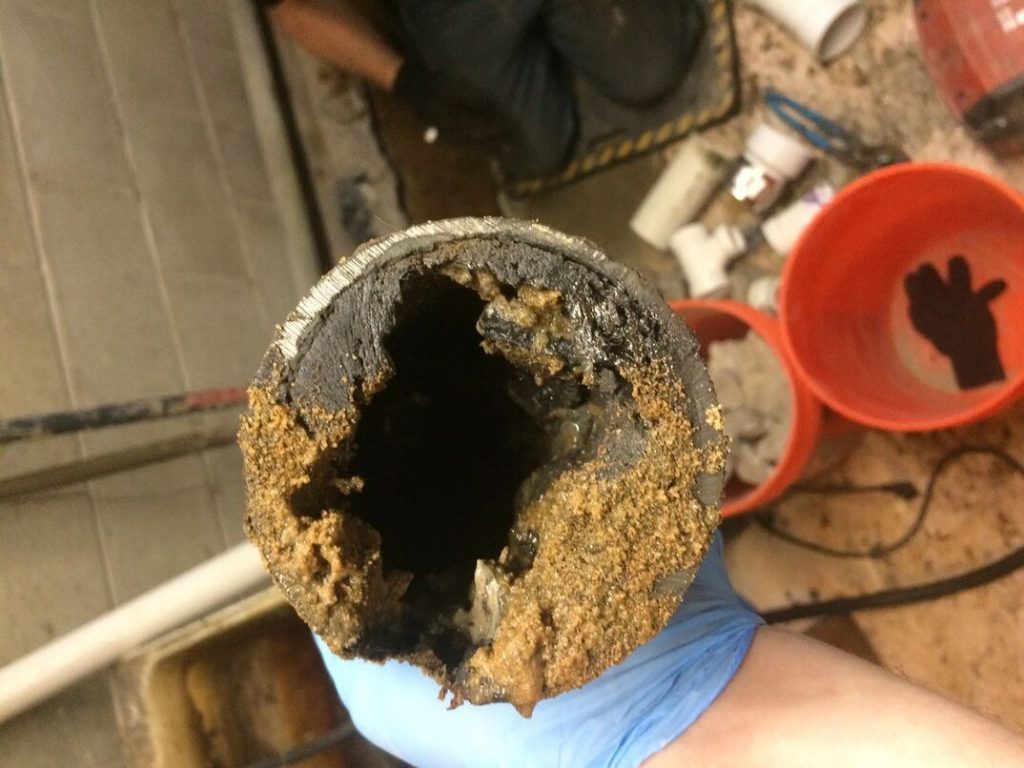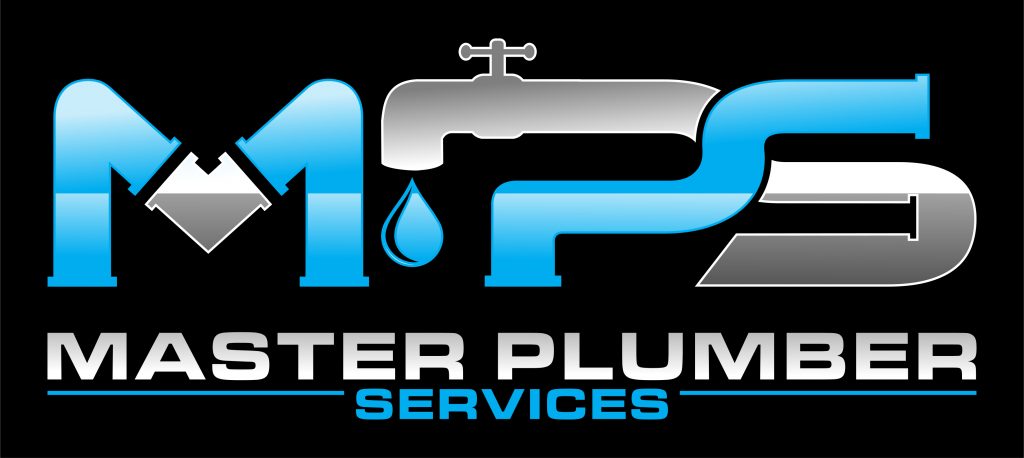4 main causes of a blocked drain

We’ve gone on and on about clogged drain servicing in Melbourne because it is one of the most common household plumbing problems. Blocked drains happen so frequently because the build-ups that cause them are usually made of normal everyday debris or household waste. You can try your best, but these are normally occurring things you use your drains for every day, and they can still cause clogs. They begin as minor issues and then develop as time goes by into something much more serious. Clogs left untreated for too long can lead to some daily usage inconveniences like leaks, pipe corrosion, and slow water drainage. In the worst-case scenario, the pressure caused by the blockage can leave you in a situation where you need a licensed emergency plumber because the pipe suddenly bursts. You may be reading this because you are currently experiencing signs of a clogged drain or you’re looking to prevent further cases after the repair of one. Either way, having a look at this list of common causes of drain and pipe blockage will be helpful towards your cause.
4 common causes of blocked drains
Imagine your water drainage system is an interconnected web of lines that all feed into each other at different points. Similar to a train station for example. There is a mainline to handle all accumulated water waste and then there are smaller sublines linked to it that are typically a bit smaller in size. One drain, anywhere on your property, is probably linked to the rest of the system in one way or another. If there is an issue with the subline it can affect the mainline which in turn affects every other drain on the premises. Statistically speaking, your toilet is the main source of most clogs because it is where people quickly dispose of the wrong things and thus easily disrupting the entire system. Blockages can happen anywhere, and while you can rely on expert leak detection services to locate them, the issue likely affects the whole household or building.
Wipes, earbuds, and other hygiene products
The typical hygienic products we use on a daily basis have the tendency to end up in the toilet bowl and we get it – many people don’t realise the risks that come with this. Your toilet regularly flushes away contents much larger than an earbud or a wet wipe and it’s okay. So, where is the harm? The issue is that your wastewater management system is not designed to break these things down and if they are not naturally degradable then they simply won’t wash away. Even those harmless-looking wet wipes have the potential to seriously clog up your system. Take it from us, when it comes to the processes involved with unclogging your drain, it usually comes down to the flushing of things that shouldn’t have been flushed in the first place. The same applies to feminine hygiene products and baby diapers because they are full of cotton which isn’t easy to break down and has a tremendous capacity to clog and attract other clogging agents. There are some organisms in the system able to quickly break down human waste, but they cannot do the same to synthetic products. The truth about all the things not safe for flushing, paper towels, facial cotton products and other products, is that they are not made for flushing. While they may not destroy the entire plumbing straight away, they won’t work conductively with it either.
Pouring fat, oil, and grease down the drain
The fat, oil and grease you rinse off the pans into the drains is another major issue causing the high rate of drain cleaning services. Oily substances shouldn’t be going down the drain because they have the capability of congealing, building up and causing clogs. Grease and fat look like a smooth liquid substance when it is hot on the stove but as soon as it enters the cold pipework, it quickly freezes up and sticks to everything around it. It may not be as serious as pouring a pan of bacon grease down the drain, but there are many other things that we do that can expose the pipework to these substances without us realising. This includes washing down plates with lots of butter (from the toast) down the sink, or simply pouring the excess chocolate sauce down the drain. Water does a good job of washing everything away, but it reacts completely differently when it comes to fats. These are binding substances that will cause clogs eventually. Try to dispose of all traces of fat in the trash can with safe, disposable plastic containers and you will be doing your drains a huge favour.
Natural hair shedding
Humans shed a lot of hair and when you do the work of washing it all away in the shower, sink or bath, it all ends up in one place. Hair can build up to the point that it causes total blockage of your pipes. We know that this can’t be helped, and it is a natural bodily function however it must be said that it is one of the leading causes of clogs across the country. You can try to protect the drain as much as possible with small screens and good practices like shaking out any loose strands in safer areas or brushing them out over a bin or outside before you take a shower. If you do notice any hair clumps around the drain, do your best to pick them out with long tweezers to pull the hair out regularly, as opposed to letting it sit or wash down the drain.
Food bits and waste
We’re all guilty of absent-mindedly scraping food scraps down the sink after a good dinner. This is a big no-no, and you should aim to get rid of food waste in the garbage exclusively. Those few grains of rice build up over time because your drains cannot tolerate much of it. After all, that isn’t what they were designed to carry.
